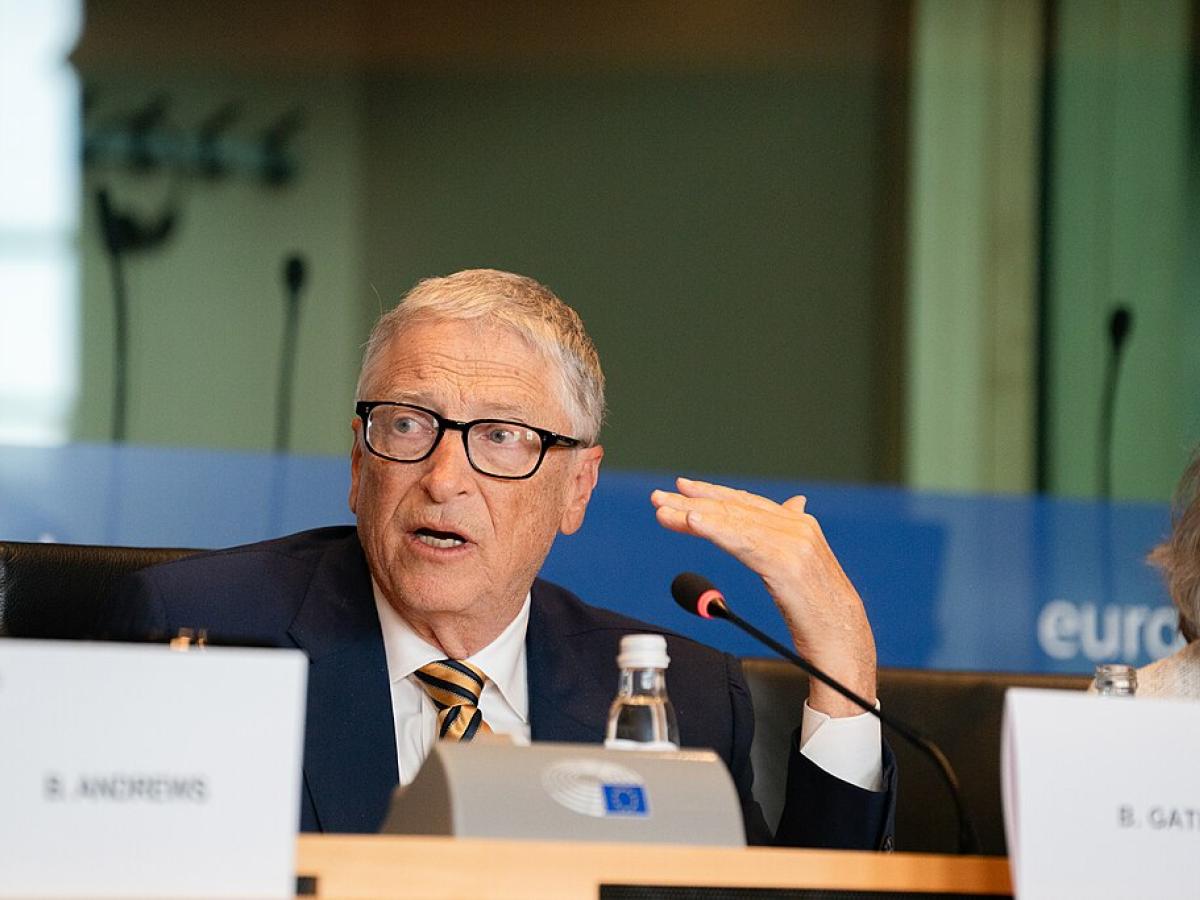
There’s a new name on the Champions League trophy.
In the most one-sided final in the competition’s history, Paris Saint-Germain trounced Inter Milan 5-0 to lift Europe’s most prestigious club trophy for the first time in their history.
But this is not the PSG of recent years. Gone are the Galacticos: no Messi, no Neymar, no Mbappe. Where previously PSG resembled a 13-year-old boy’s attempt to win Football Manager by just buying all the best players, this year’s team looks like … well, a team.
And what a team. Vitinha is metronomic in midfield. The game is played at his pace. He is the jazz instructor in Whiplash. “Not my tempo,” he says, over and over again, until reality bends to his will. Hakimi and Mendes are boundless balls of energy as the two wing-backs. They always threaten and it is no surprise that Hakimi gets the first goal.
And then there are the forwards. 19-year-old Désiré Doué somehow looks the consummate professional at such a young age. Ousmane Dembélé has a quiet night by his standards, but the Barcelona reject looks born to play for this team. Khvicha Kvaratskhelia is the kind of footballer you imagine yourself as when playing on school playgrounds. So unorthodox, but simply irresistible. The ultimate jumpers-for-goalposts footballer. He may well be the closest thing football has to a personification of what the sport is all about. He is joy and flare masquerading as a 24-year-old Georgian lad.
At the helm of it all is Luis Enrique. Enrique’s teams are aggressive, fluid, and intelligent. “They pass forward with spite” Steven Gerrard says during the TV coverage of the match. What a line.
In 2019, Enrique lost his youngest daughter Xana to bone cancer, aged just nine. To hear him talk about his loss is heartbreaking. At full-time the PSG fans unveil a picture of Xana with her dad in a genuinely tender moment of compassion and humanity.
All this is to say that, wherever you look, this incarnation of PSG is a deeply, deeply likeable one.
But then, that’s the point, isn’t it?
PSG were taken over by Qatar Sports Investments in 2011. Qatar’s near 15-year involvement with the club has led to eye-watering sums of money being spent with the stated aim of winning the Champions League. In 2017, they sign Neymar from Barcelona, meeting the €222 million release clause in his contract. A fee so deliberately high no-one would ever meet it. A fee still unsurpassed eight years on.
While the age of the superstars may be over at PSG, they still have European football’s highest wage budget by some distance (an impressive feat when you remember that Real Madrid exist). Their Georgian talisman Kvaratskhelia only moved to the club in January for a reported €70m. Hardly loose change.
Paris Saint-Germain is a Qatari ‘sportswashing’ project. An attempt to make a political regime palatable to European sensibilities by assembling a football team that is deeply, deeply likeable.
And it certainly seems to be working. Rio Ferdinand, on co-commentary for the final, declared that a PSG victory would be ‘good for football’. So did Jason Burt, chief football correspondent for The Telegraph in an article that unironically has a subtitle starting “They may be funded by a nation state but …”.
This is why I find it so disingenuous when people demand we ‘keep politics out of football’. (And anyway, what people often mean here is that they’d like to keep left-wing politics out of football, like the ‘take a knee’ or ‘rainbow laces’ campaigns). Politics is already in football and has been for quite some time now. If you haven’t spotted it, you simply haven’t been paying attention.
I like Luis Enrique. I adore Vitinha. Kvaratskhelia makes me misty-eyed about the very nature of football. But PSG winning the Champions League is bad for football, because it’s a political victory before it’s a sporting one
PSG’s triumph is a timely reminder to the Church that it must remember the political nature of the call placed upon its very existence.
As is so often the case, football and religion find parallels in one another. For the Church, too, all too frequently finds itself as a political football. Debate continues about the place of Church of England Bishops in the House of Lords with only 33 per cent of Britons keen for religious leaders to express political opinions.
But while this would certainly make the Church’s life easier, it’s simply not an option available to it.
‘Gospel’ is not a Christian term. Not originally. It was a term used to describe an announcement or decree made about the Roman Emperor, a practice the Romans adopted from the Greeks before them. It is, in other words, an intractably political term. It is the ‘party-political broadcast’ of the ancient world.
In hijacking the term ‘Gospel’ as a description for Jesus’ life and teaching, the early Church announces itself as an irrevocably political entity from its very beginnings. A body of people called to proclaim a political message. Or, at least, a message with significant political implications. Christ is king; Caesar is not.
This does not mean that the Church is inherently left- or right-leaning. The Church is far older than this simplistic understanding of politics and will surely outlive it, too. But it does mean that the Church has a stake in the politics of the day; that it cannot be politically disinterested without simultaneously compromising something of its most fundamental identity.
PSG’s Champions League win is not the first by a nation-backed club. Manchester City – principally owned by Vice President of the United Arab Emirates Sheikh Mansour bin Zayed Al Nahyan – won the Champions League in 2023 (also beating Inter Milan in the final; bless them). Depending on what we make of Roman Abramovich’s connections to the Russian state, it’s also worth noting Chelsea’s wins in 2012 and 2021, too.
But PSG’s win – and the emphatic nature of it over one of the ‘old guards’ of club football – feels like a watershed moment for the sport. It is the culmination of the past 20-or-so years of both football’s internal politics, and the external politics acting upon it. It is a worrying statement of intent of its direction of travel, too.
When Christianity and football feign political neutrality, they simply invite the dominant politics of the day to ride roughshod over them. Insidious politics will always fill any vacuum available to it. PSG’s triumph is a timely reminder to the Church that it must remember the political nature of the call placed upon its very existence. Otherwise it will find itself a mouthpiece for a kingdom to which it does not belong.
Support Seen & Unseen
Since Spring 2023, our readers have enjoyed over 1,000 articles. All for free.
This is made possible through the generosity of our amazing community of supporters.
If you enjoy Seen & Unseen, would you consider making a gift towards our work?
Do so by joining Behind The Seen. Alongside other benefits, you’ll receive an extra fortnightly email from me sharing my reading and reflections on the ideas that are shaping our times.
Graham Tomlin
Editor-in-Chief






